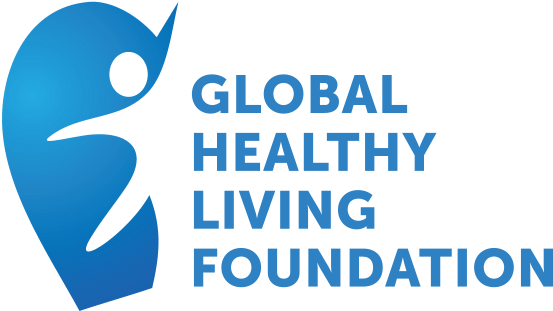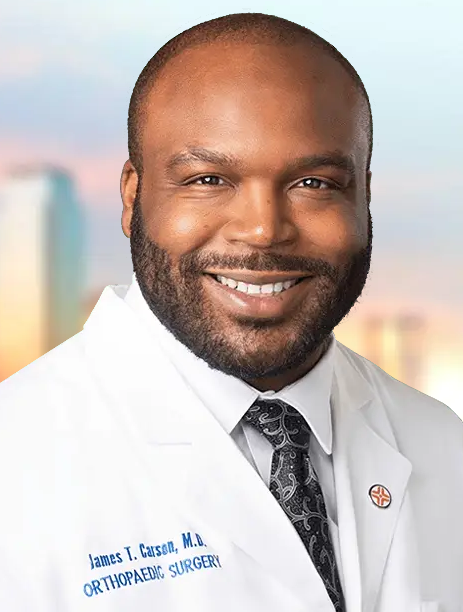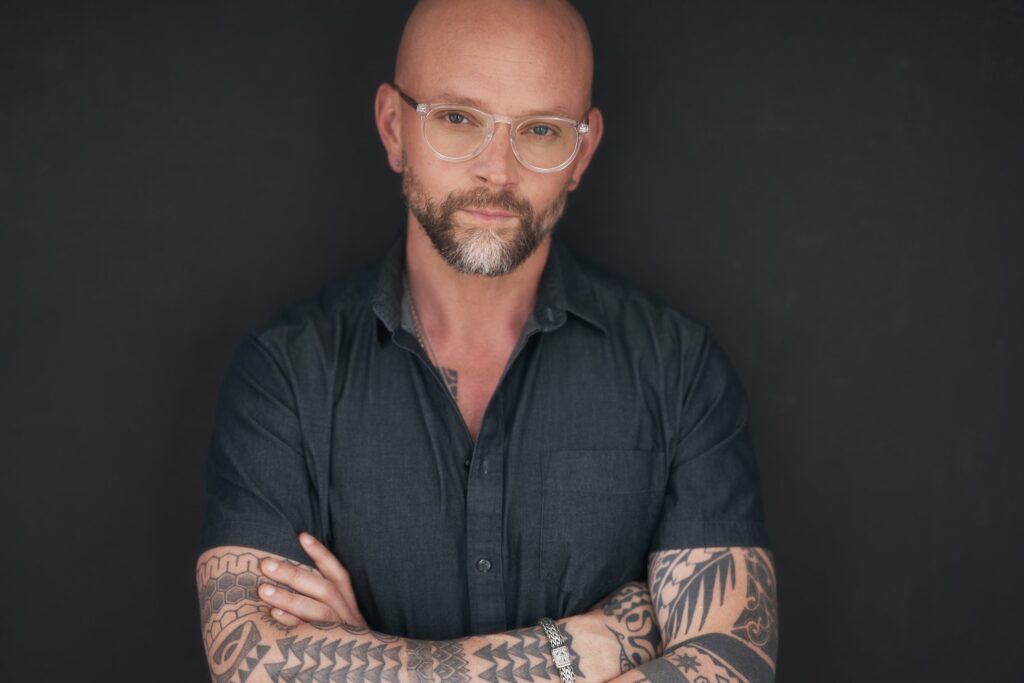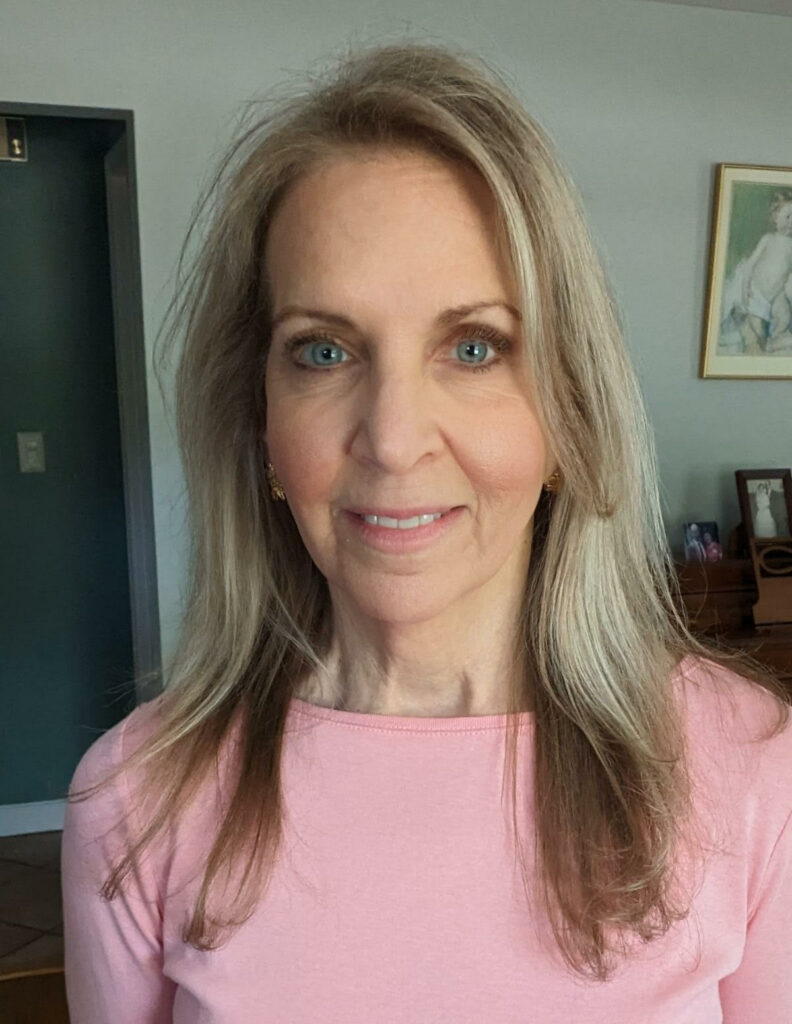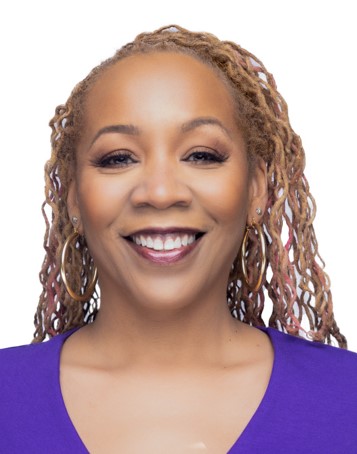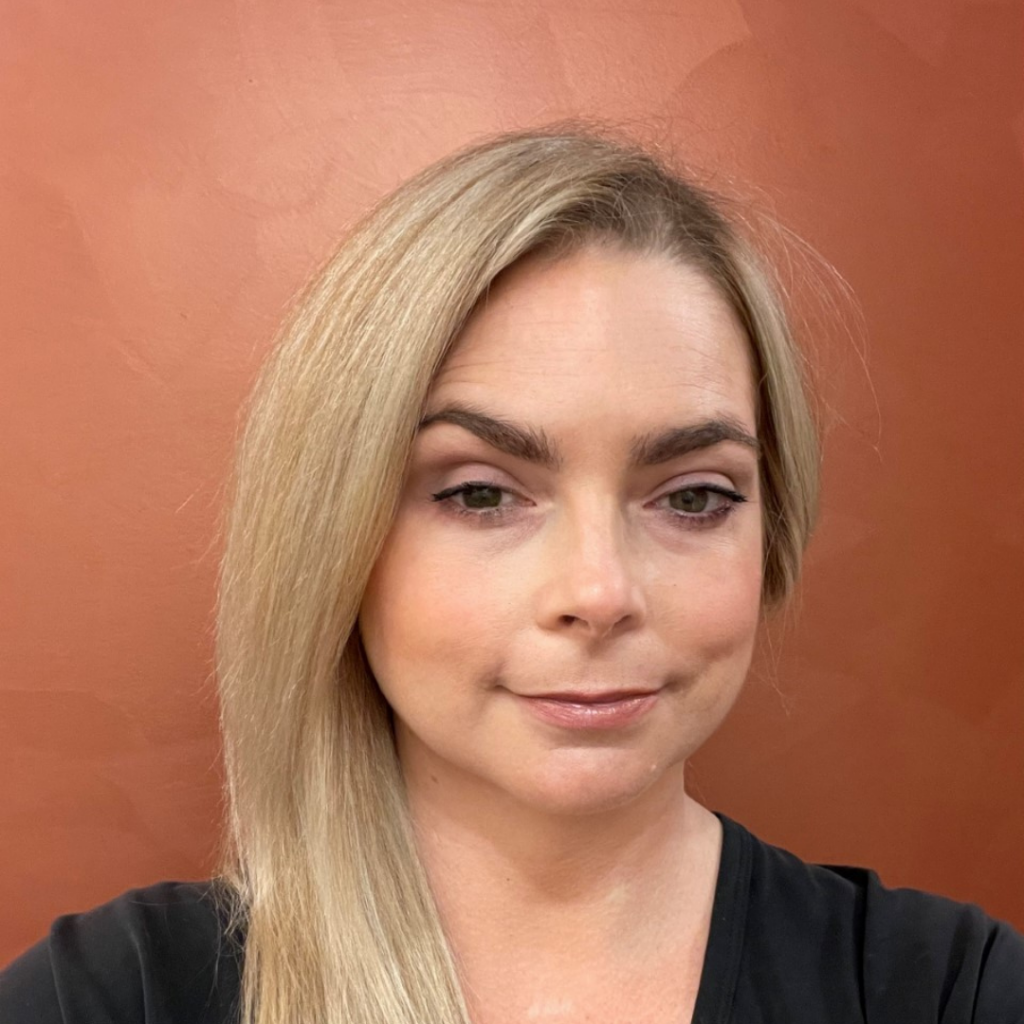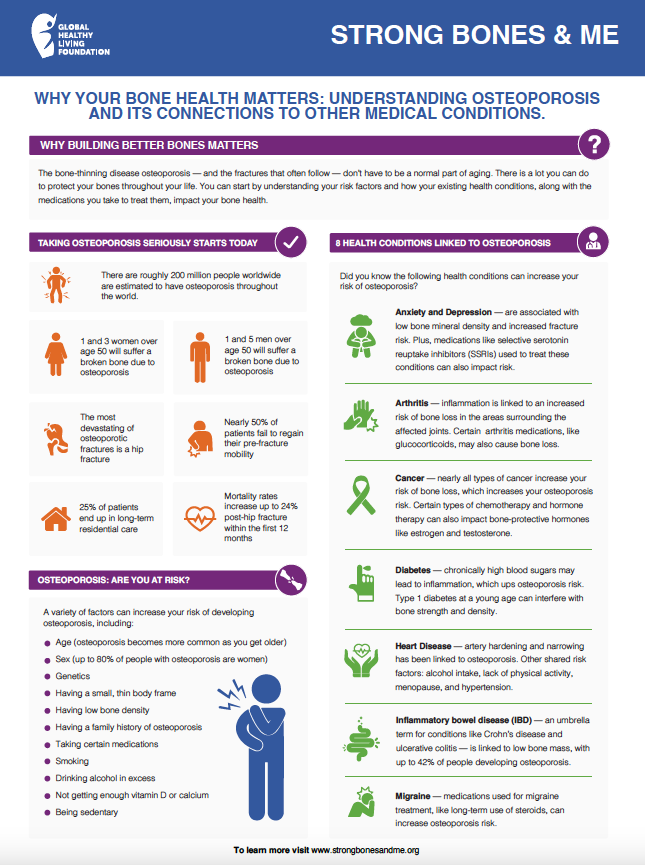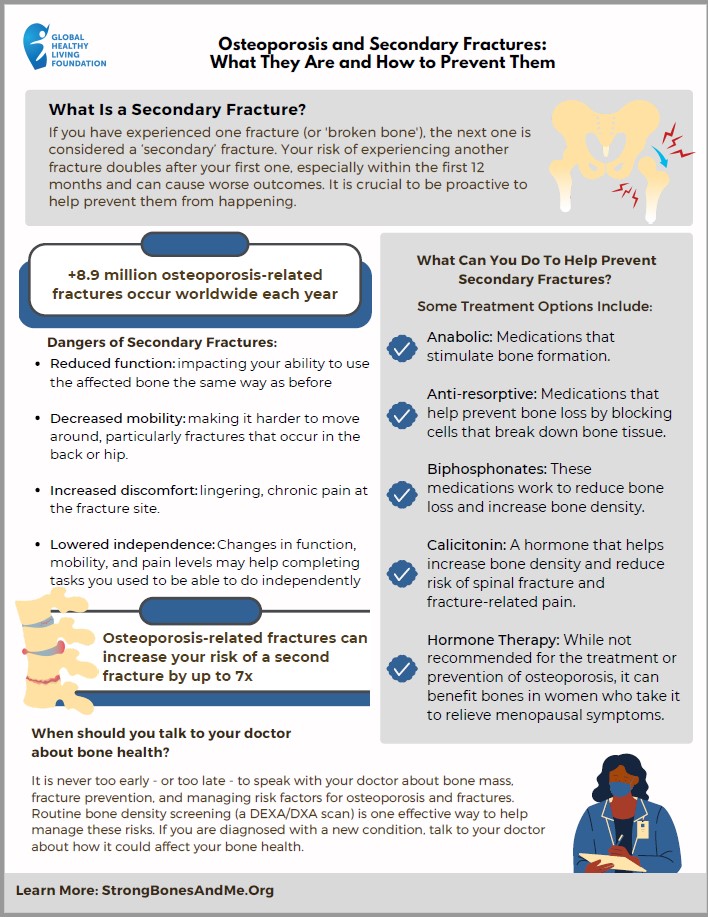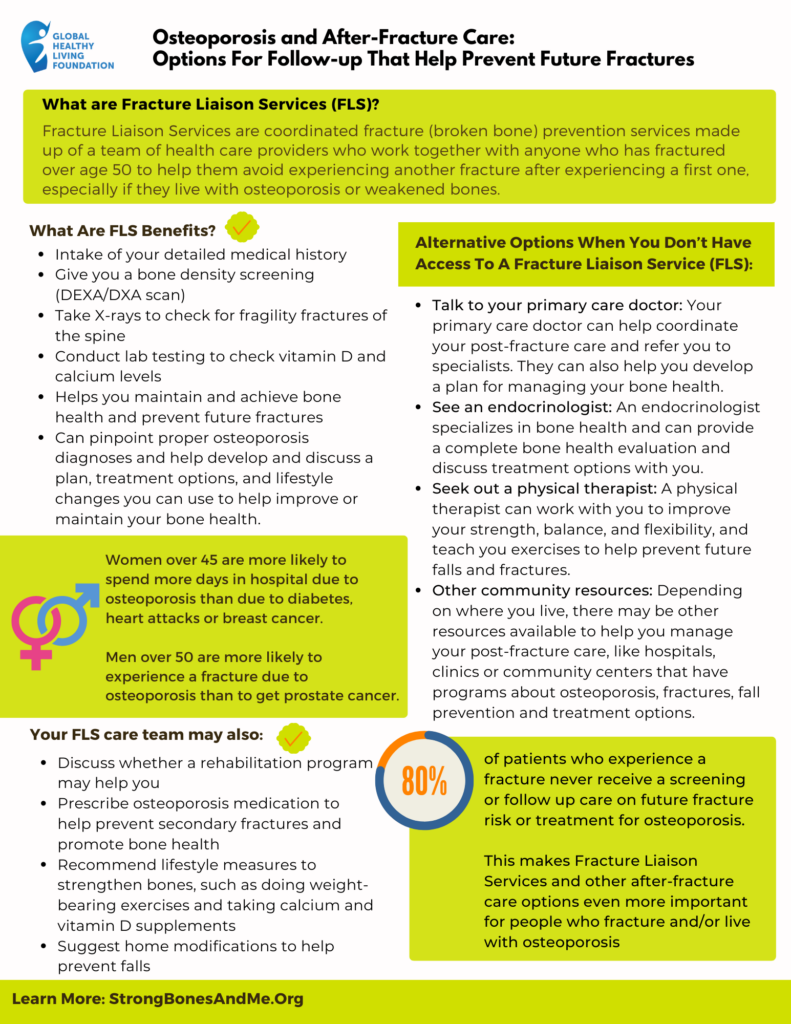Care After a Fracture
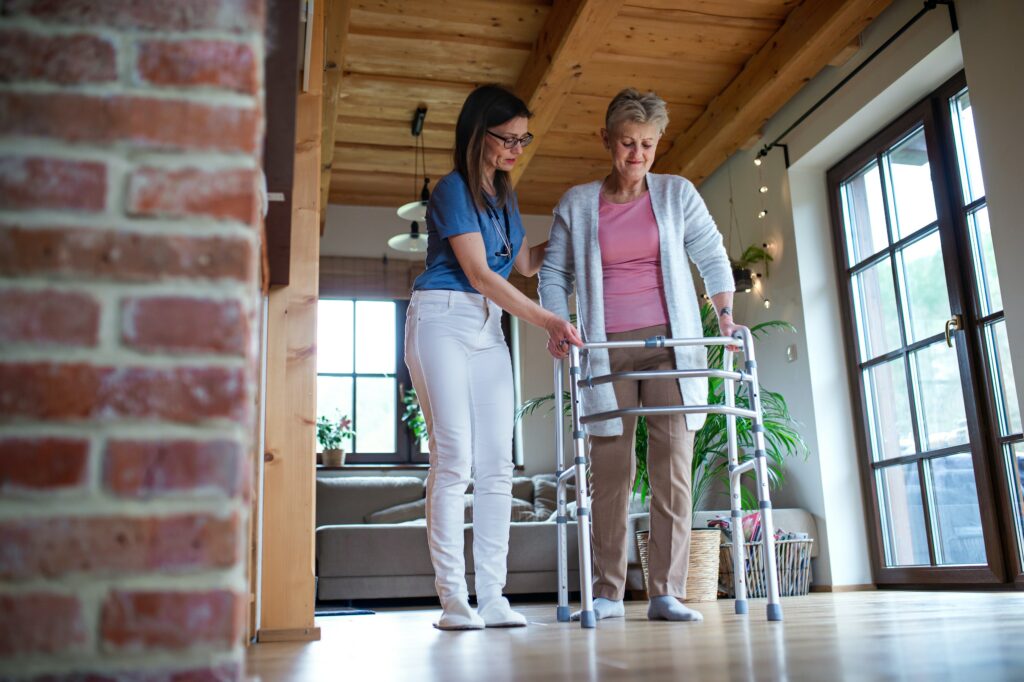
After experiencing a fracture (i.e. a bone break) over age 50, it is important to rule out whether that fracture may be related to osteoporosis or weakening and thinning bone structure and prevent any future fractures. Appropriate after-fracture care should include follow-up tests, a bone density scan (DEXA/DXA scan), discussion about treatment options, and the development of a personalized plan to help make sure another fracture is prevented.
These follow-up steps and others are part of “Fracture Liaison Services” (FLS).
What are ‘Fracture Liaison Services’ (FLS)?
Fracture Liaison Services (FLS) are coordinated fracture prevention services that are made up of a team of healthcare providers who work together to help someone avoid experiencing second or multiple fractures after having experienced a first one.
An FLS team includes the patient and their health care provider (PCP), and usually includes a bone health specialist, a radiologist, an orthopedic surgeon, and others who all work together to help prevent future fractures.
If someone does have osteoporosis without prior knowledge, an FLS can increase the likelihood of diagnosis by 95%, which means that person can take active control over their condition to help prevent future fractures with treatment options, lifestyle changes, and more.
How Should I Know If I Need Fracture Liaison Services (FLS) Or After Fracture Follow-up?
You might be wondering if you need the support of Fracture Liaison Services (FLS). The answer is: If you are 50 years of age or older and have fractured (broken) a bone, you need after fracture follow-up care, and should ask for FLS.
Questions You Might Expect at an Initial Visit with an FLS Team or Your HealthCare Provider After a Fracture (bone break)
To help prepare for a visit, we have listed questions below that your healthcare provider or FLS team member may ask you after your fracture:
- Have you broken any other bones since you turned 50? (if over 50)
- Have you had a bone density screening (a DEXA/DXA scan). If so, when was it done?
- What medications do you take? How long have you been taking them?
- Are you on corticosteroids, radiation, or chemotherapy? If so, for how long?
- Do you live with any chronic conditions like inflammatory arthritis, inflammatory bowel disease, diabetes, asthma, or cardiovascular issues?
- Have you ever been told you have osteoporosis, weak or brittle bones, or bone loss?
- Have you ever been told you have a vitamin D or calcium deficiency?
- Do you take any vitamin D or calcium supplements? How much and how often?
Questions You Might Ask Your Health Care Provider (or FLS team) After Experiencing a Fracture
As we all know, sometimes we must be our own advocate when it comes to our health. After experiencing a fracture (or bone break) over the age of 50, if your doctor doesn’t ask you the questions above (and especially if you haven’t been connected with FLS), you might want to ask these questions:
- Can you tell me about my follow-up care options, like Fracture Liaison Services (FLS)?
- Can you schedule me for a bone density screening (DEXA/DXA scan)?
- How can I prevent future fractures other than lifestyle changes and getting more vitamin D and calcium?
- What resources do you have that can help me learn more about improving or maintaining my bone health?
Will Insurance Cover Fracture Liaison Services (FLS)?
Medical bills can be frustrating, confusing, and can add stress to an already stressful situation. Fracture Liaison Services (FLS) are usually considered a medical necessity by most insurance providers and are typically covered to a certain extent by insurance. This is because if someone is using FLS, it is because that person has experienced at least one fracture and needs to ensure the risk for another is minimalized to the extent possible.
Be sure to check with your insurance provider, though, to find out what kinds of after-fracture care services are covered and whether FLS is included. Some insurance providers cover 100 percent of costs for FLS and related after-fracture care services.
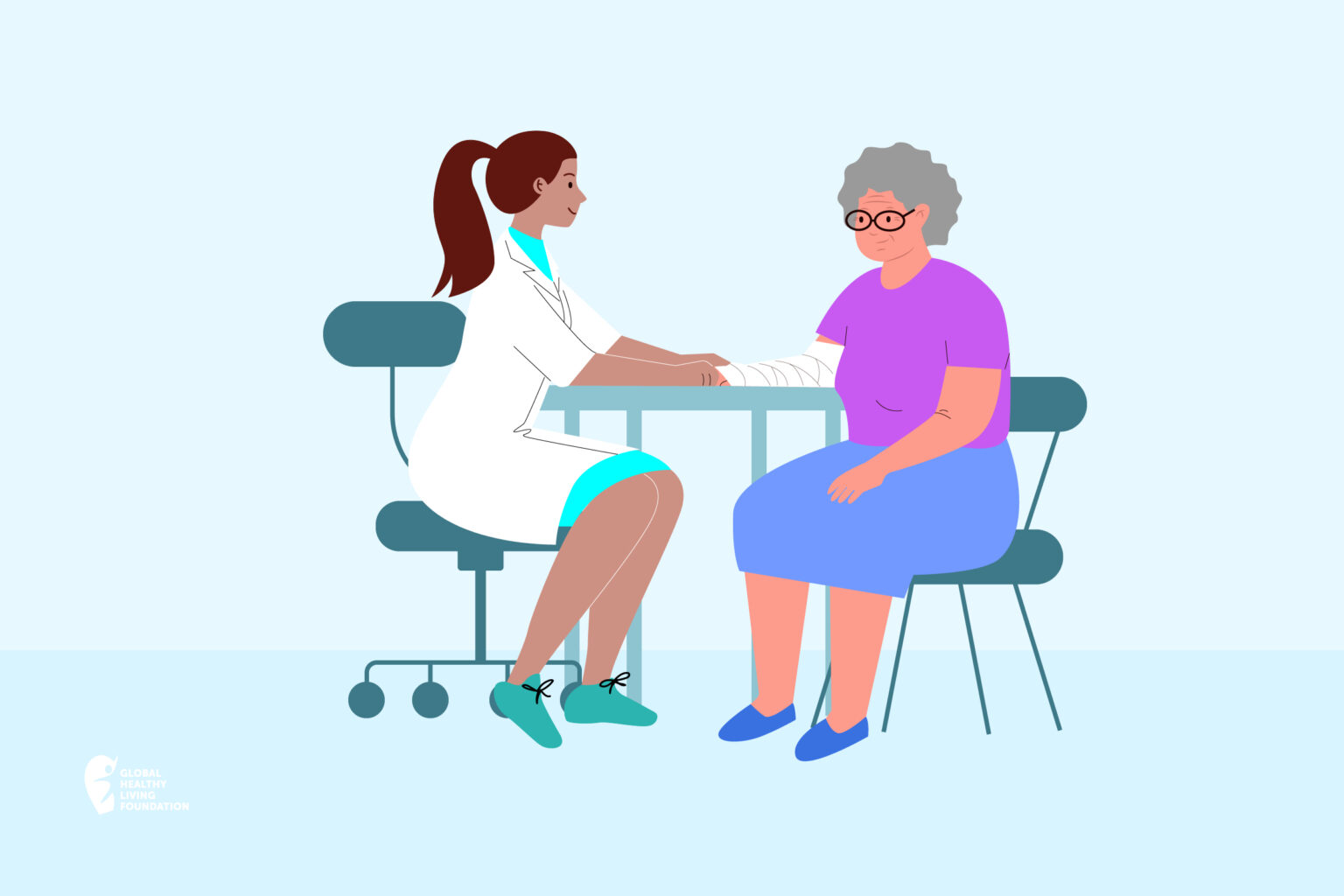
Fracture Liaison Services
Discover various options for care and follow-up plans after experiencing a fracture (bone break), like ‘Fracture Liaison Services’ (FLS). Discover why Fracture Liaison Services (FLS) are critical for individuals over 50 with bone fractures.
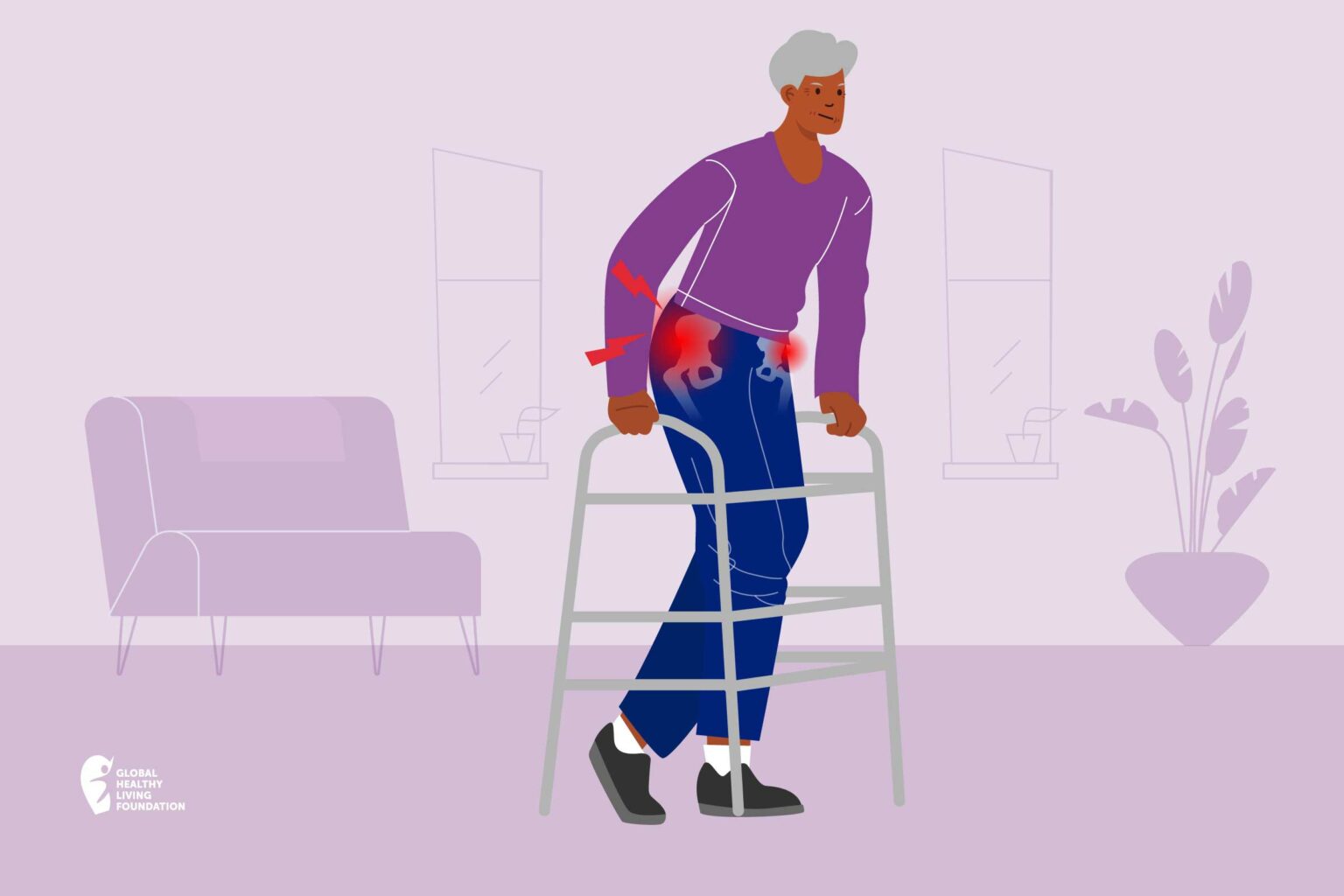
Secondary Fracture Prevention
Once you experience a bone fracture, your risk of another fracture increases, especially if you have osteoporosis. Understanding this risk and taking steps to strengthen bones can keep you healthy.
Dr. Carson's Expert Advice
Dr. James Carson (Orthopedic Surgeon) shares his expert advice on osteoporosis, procedures for treating osteoporotic fractures, and much more including a discussion on bone health in the Black, Indigenous and People of Color (BIPOC community). Watch his video to learn more!
Dr. Chad's Expert Advice
Dr. Chad Woodard (PhD, Physical Therapist) shares his expert advice by demonstrating some effective physical exercises that can help strengthen your bones, especially if you live with osteoporosis. Watch his exercise video to learn more!
Dr. Adimoolam's Expert Advice
Dr. Deena Adimoolam shares her expert advice on risk factors in women and men for osteoporosis, like hormones, as well as expert advice on fracture prevention and after-fracture care. She also shares tips for taking better care of your bone health. Watch her video interview to learn more!
Shelly's Story
Shelly shares her story on how she views living with osteoporosis and the importance of maintaining an active lifestyle and engaging in support groups to help prevent future fractures through exercise and education.
Tien's Story
Tien shares her story about experiencing multiple osteoporosis-related fractures, the importance of working to prevent future fractures and about daily life with osteoporosis.
Fiona's Story
Fiona shares her story about living with osteoporosis, the importance of working to prevent future fractures and keeping bones strong.
Osteoporosis & Connected Conditions Infographic
Learn more about how osteporosis is connected to various other health conditions you may live with through this helpful infographic.
Fracture Prevention Infographic
In this helpful infographic, you’ll learn more about increases in risk for another fracture after a first one, especially if you have osteoporosis.
After Fracture Care Infographic
In this helpful infographic, you’ll discover various options for care and follow up plans after experiencing a fracture (bone break) that can help you avoid experiencing a future one.

What do you know and what do you need to learn?
Take our short bone health survey and share your insights. What you share is valuable to us.
